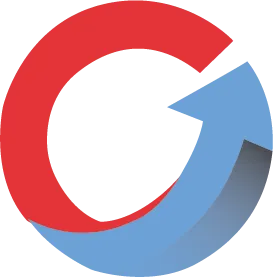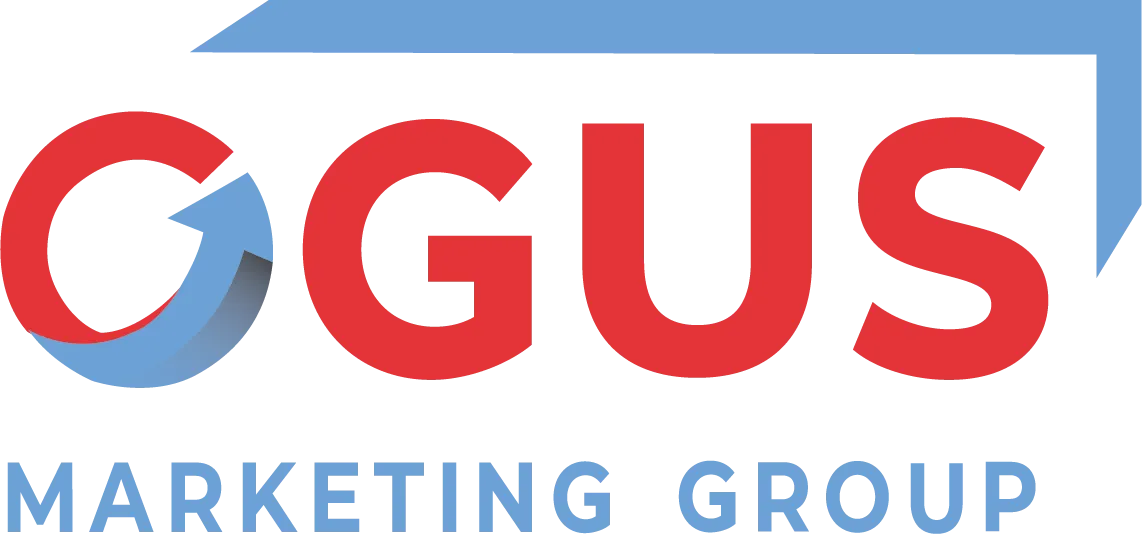Pay For Performance Google, Facebook & Instagram Ads
Get Started With Us Today
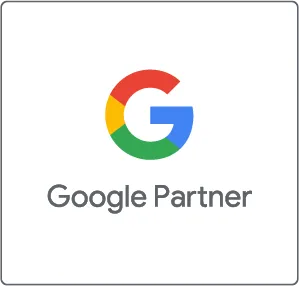
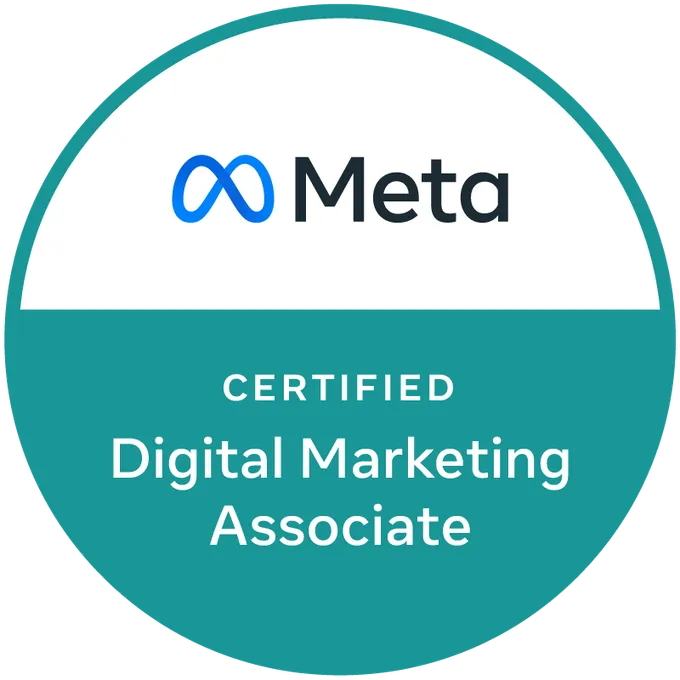
We Are Proud To Service North America's Businesses
Our Clients
Meet Our Clients
Some of our amazing clients include...
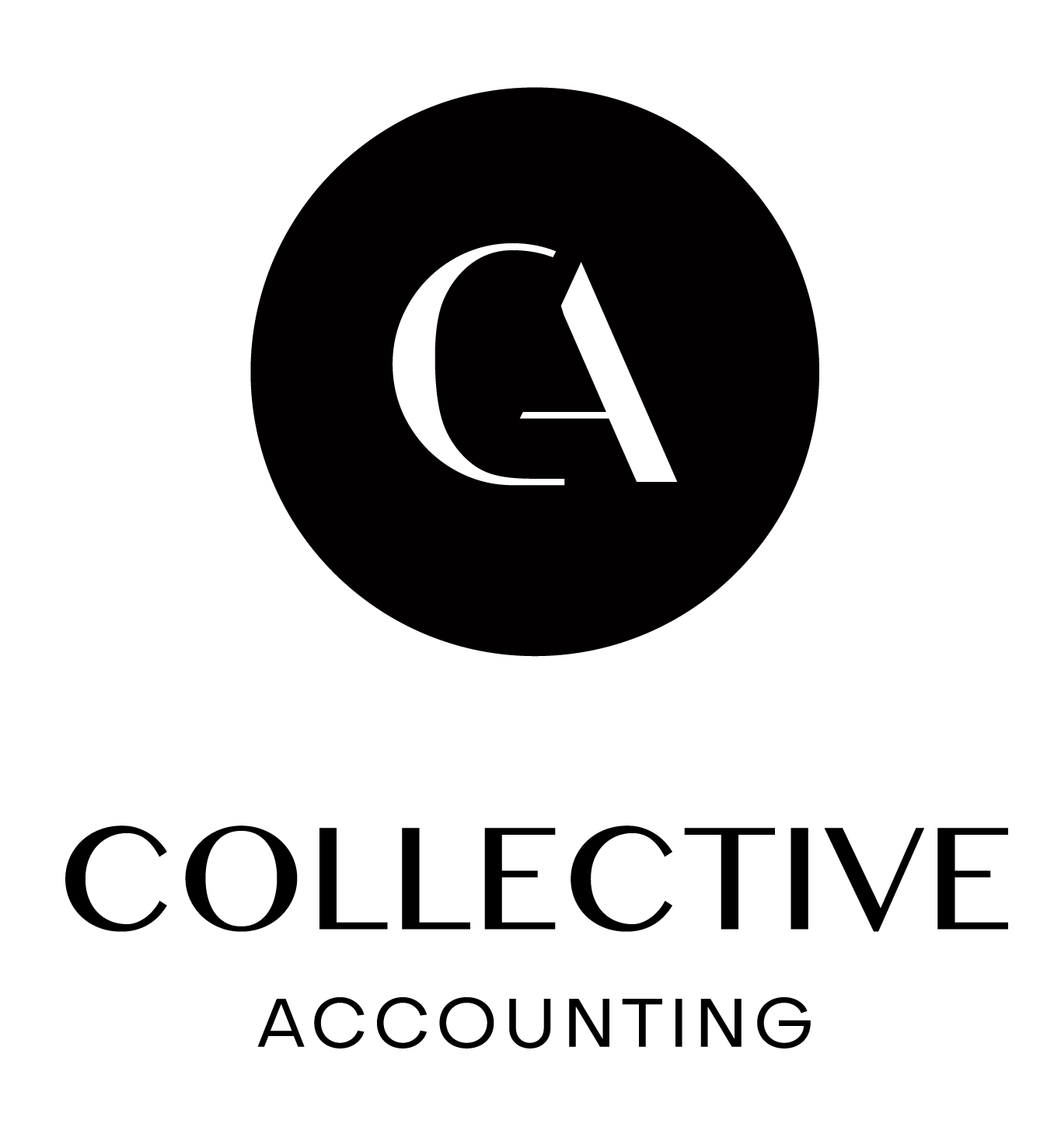
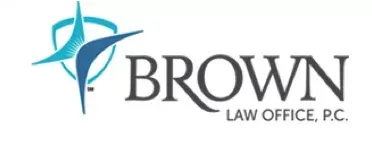


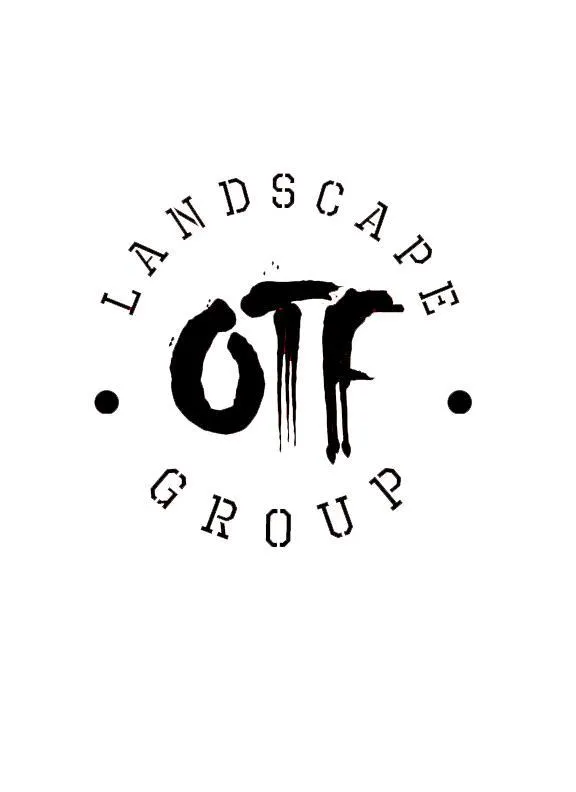



OUR MISSION
Quality Lead Only
Small businesses don't need leads... they need clients.
Our team is all about getting you the best possible leads that actually convert into clients.
We encourage our clients to think only on a cost per client basis, cost per lead is just a vanity metric bad agencies use to show you they are doing "something".
Services
Google ads

Every customer has a problem.
You are the best business to solve the problem. With Google Ads we put your solution right in front of the customer already searching for the problem you solve.
Google Ads give a hungry consumer what they want. SOLUTIONS!

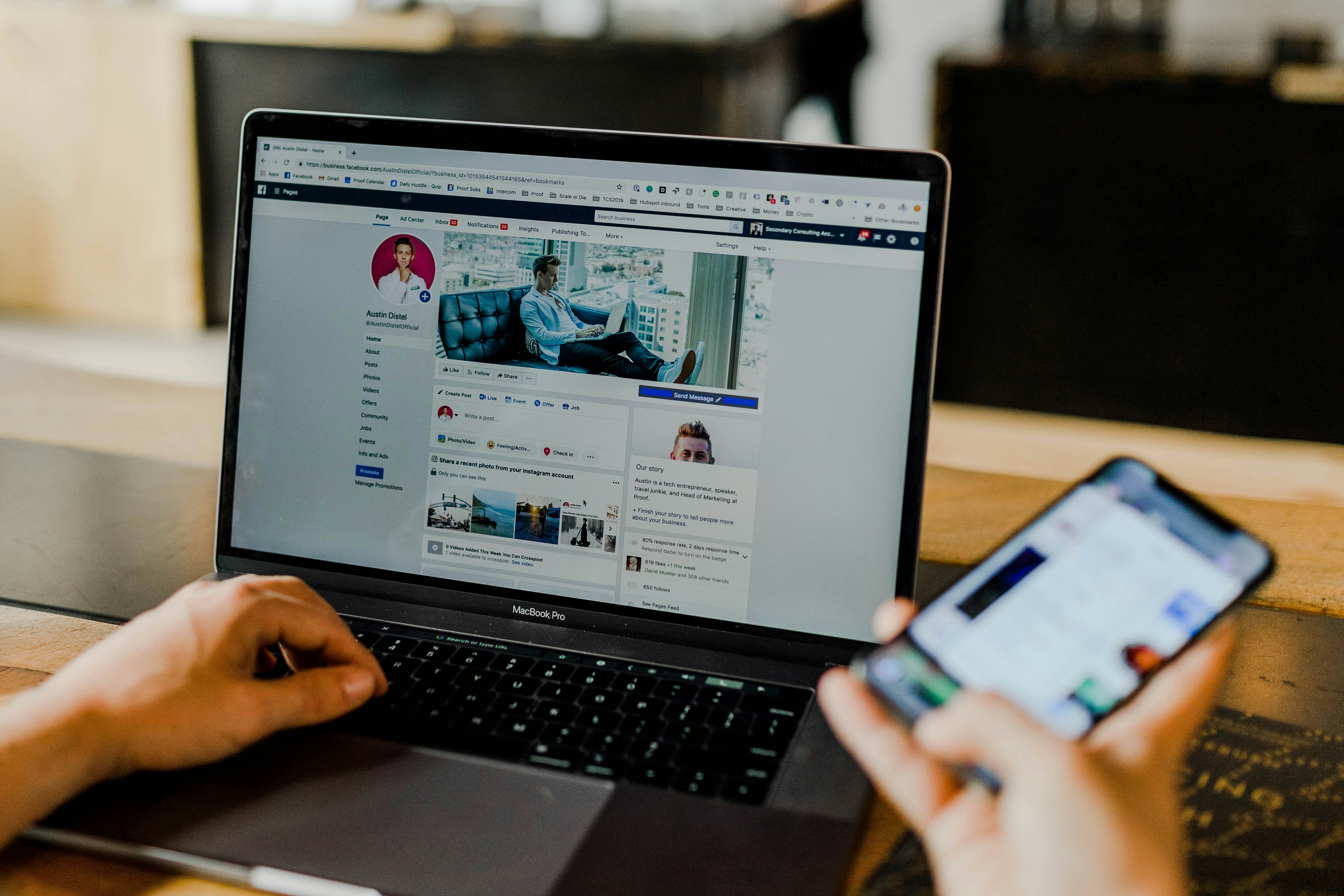
Facebook Ads
Do your customers have problems they don't even know about?
Meta Ads are all about showing possible customers what their problem is. And of course, how you can solve it.
Facebook Ads tell consumers problems they didn't know they have. And how they can now never live without your solution.
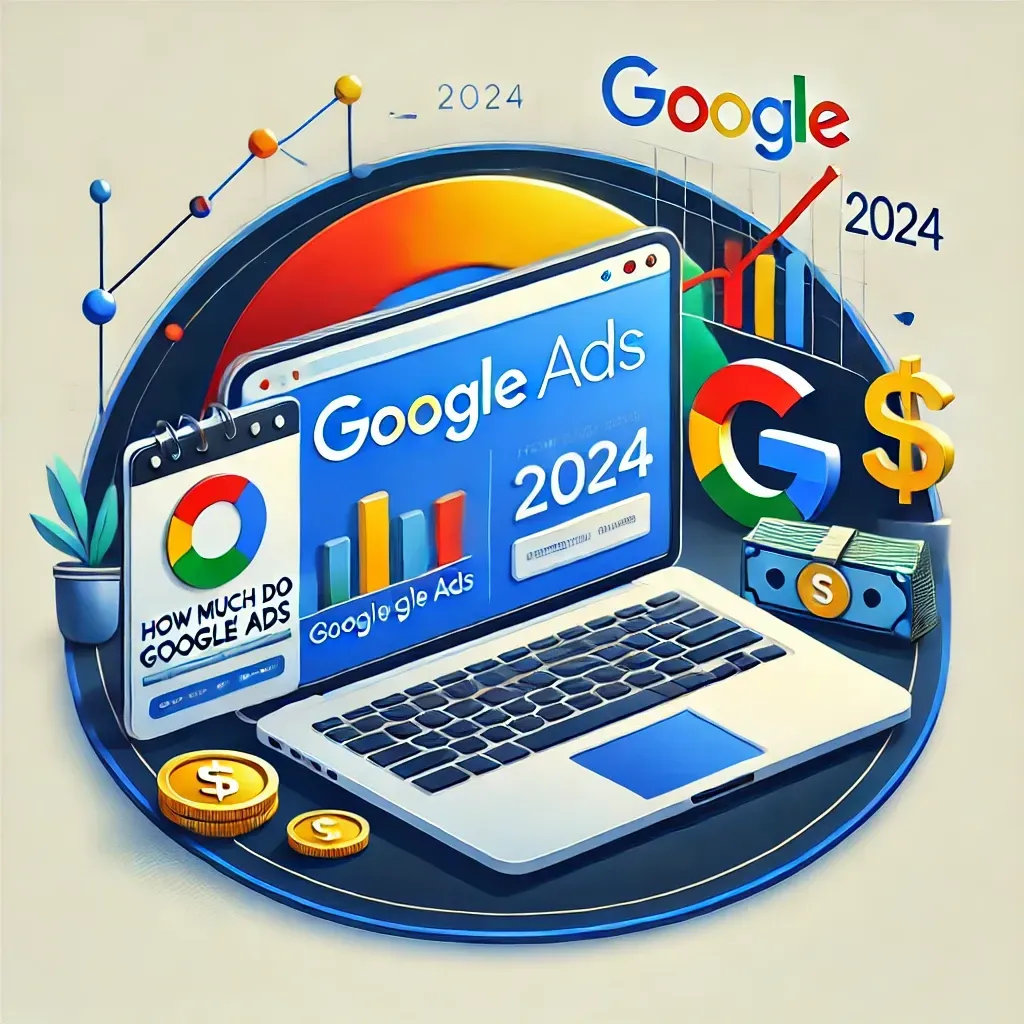
How Much Do Google Ads Cost in 2024?
Google Ads remains a cornerstone of digital marketing, offering businesses a powerful way to reach their target audiences. However, one common question persists: How much do Google Ads cost in 2024? The answer, as always, is complex and depends on multiple factors. This guide will help you understand the variables that affect Google Ads pricing, industry-specific benchmarks, and strategies to create a cost-effective Google Ads campaign in 2024.
Understanding Google Ads Pricing
Google Ads operate on a pay-per-click (PPC) model, where you pay for each click your ad receives. However, the cost per click (CPC) can vary widely, from as low as $0.50 to as high as $50 or more, depending on several factors:
Industry: Competitive industries like legal, insurance, and finance tend to have higher CPCs.
Keywords: High-intent keywords often cost more due to increased competition.
Quality Score: Google’s assessment of your ad’s relevance and quality, which can significantly impact your CPC.
Bidding Strategy: Your bid amount influences your ad’s placement and cost.
Market Trends: Seasonal and market trends, such as increased competition during peak seasons like Black Friday, can drive up costs.
Average Google Ads Costs in 2024
On average, businesses can expect to pay between $1 and $2 per click on the Google Search Network and under $1 per click on the Google Display Network. Monthly spending for small to medium businesses typically ranges from $1,000 to $10,000, depending on industry competition and campaign goals.
Industry Benchmarks for Google Ads Costs
Legal Services: Average CPC of $6.75
Health Care: Average CPC of $3.08
Education: Average CPC of $2.91
eCommerce: Average CPC of $1.16
Apparel: Average CPC of $0.54
These benchmarks reflect the varying costs across different sectors, with more competitive industries commanding higher CPCs.
Factors Influencing Google Ads Costs
1. Quality Score
Quality Score is a critical factor that determines your ad’s position and CPC. A high Quality Score, which ranges from 1 to 10, can lower your CPC and improve your ad placement. This score is influenced by:
Ad Relevance: How well your ad matches the search intent.
Landing Page Experience: The quality and relevance of your landing page.
Expected Click-Through Rate (CTR): Based on historical performance of your ads.
Improving your Quality Score can significantly reduce costs and boost your campaign's efficiency.
2. Ad Rank
Ad Rank determines your ad’s position on the search results page. It is calculated by multiplying your maximum bid by your Quality Score. A higher Ad Rank leads to better ad placements and can sometimes result in paying less per click than competitors with lower Quality Scores.
3. Keywords and Search Intent
Keywords are the foundation of any Google Ads campaign, and their cost is influenced by their intent and competition level:
Informational Keywords: Generally have lower CPCs as they are used by searchers in the early stages of the buying journey.
Commercial and Transactional Keywords: Tend to be more expensive due to their high conversion potential.
Choosing the right keywords and aligning them with your audience’s intent can help you optimize costs.
4. Bidding Strategy
Your bidding strategy can also impact your costs. Google Ads offers various bidding options, such as:
Manual CPC Bidding: Allows you to set your bid amounts manually.
Automated Bidding: Google adjusts your bids based on the likelihood of conversion.
Target CPA and Target ROAS: Bidding strategies focused on maximizing conversions and return on ad spend.
Selecting the right bidding strategy based on your campaign goals is crucial for managing costs effectively.
5. Market Trends and Seasonal Factors
Market trends and seasonal events like Black Friday can cause fluctuations in CPCs. Businesses often increase their ad spend during these periods, which can lead to higher competition and costs.
6. Geographic and Device Targeting
Google Ads allows you to target specific locations and devices, which can influence your ad costs:
Geographic Targeting: Focuses your ads on specific regions, which can be more cost-effective if your business operates in areas with less competition.
Device Targeting: Adjusts bids based on the device type, such as mobile or desktop, optimizing for the most valuable traffic.
How to Optimize Google Ads Costs in 2024
Improve Your Quality Score: Focus on creating relevant ads and landing pages to improve your Quality Score and lower your CPC.
Choose Keywords Wisely: Use a mix of high-intent and long-tail keywords to balance cost and conversion potential.
Use Strategic Bidding: Select a bidding strategy that aligns with your business goals, whether it's maximizing clicks, conversions, or return on ad spend.
Monitor and Adjust: Regularly audit your Google Ads account to ensure your campaigns are performing as expected and adjust bids, keywords, and targeting as needed.
Leverage Ad Extensions: Use ad extensions to enhance your ad’s visibility and click-through rate, which can improve your Quality Score and Ad Rank.
Final Thoughts
Google Ads costs in 2024 vary widely depending on industry, keywords, and campaign strategies. By understanding the key factors that influence costs and applying strategic optimizations, businesses can effectively manage their ad spend and achieve a strong return on investment. With a well-crafted approach, Google Ads remains a powerful tool for businesses looking to connect with their target audiences and drive meaningful results.
TESTIMONIALS

John Doe
Their Event Planning and Strategy service helped us transform a vague idea into a meticulously executed event that left our attendees in awe.

John Doe
Overall, our experience with [Your Company Name] was positive. The Event Planning and Strategy service was solid, and they did an excellent job coordinating the logistics for our event.
FAQS
Is Google Marketing Better Than A Billboard?
They are different. Google marketing offers you the ability to find potential customers who are already in the market for you product. A billboard is more about building brand recognition. Google marketing is going to bring you in a lot more direct sales, billboards are going to make people recognize the name on Google.
What is Google Marketing?
Google Search Engine Marketing is, at the most basic level, paying to show at the top of a search page. If you have ever used Google or Safari you have seen a Google Search Ad.
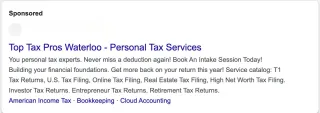
Why Do I Need Facebook Marketing?
Facebook Advertising can be used for many reasons. Our clients use it in one of 3 ways:
1 - Lead Generation|Using Facebook's audience targeting our clients are able to put their ads in front of their ideal customers.
2 - Brand Awareness|If you want more people to know about your brand you can use a broad audience. This strategy would be the equivalent to a digital billboard or bus campaign.
3 - Retargeting|Using Google and Facebook's database you can retarget possible customers who have viewed you website on Facebook. You have likely seen this in action before. Anytime you have clicked on a product and then seen an ad for it on Facebook and/or Instagram you were the "victim" of retargeting campaigns.
Ready To Scale Your Company?
Book A Complimentary Marketing Strategy Meeting With Jack!
You Will Receive
Actionable Steps You Can Take Today To Grow Your Business Online
A Breakdown of What Platform Will Work For Your Business
A Comprehensive Remarketing & Retargeting Strategy You Can Implement Today
A Complete Outline of How We Can Help
